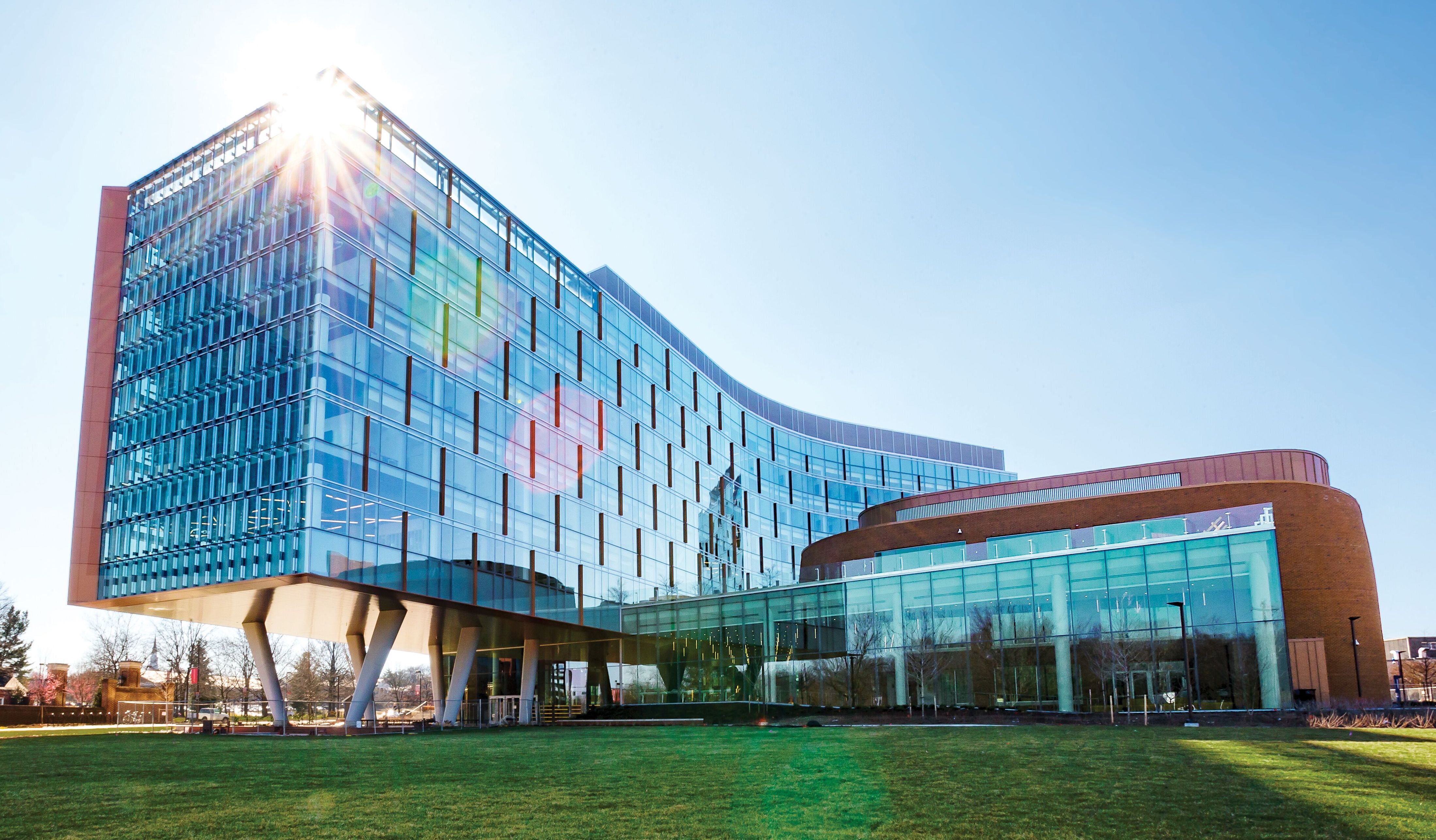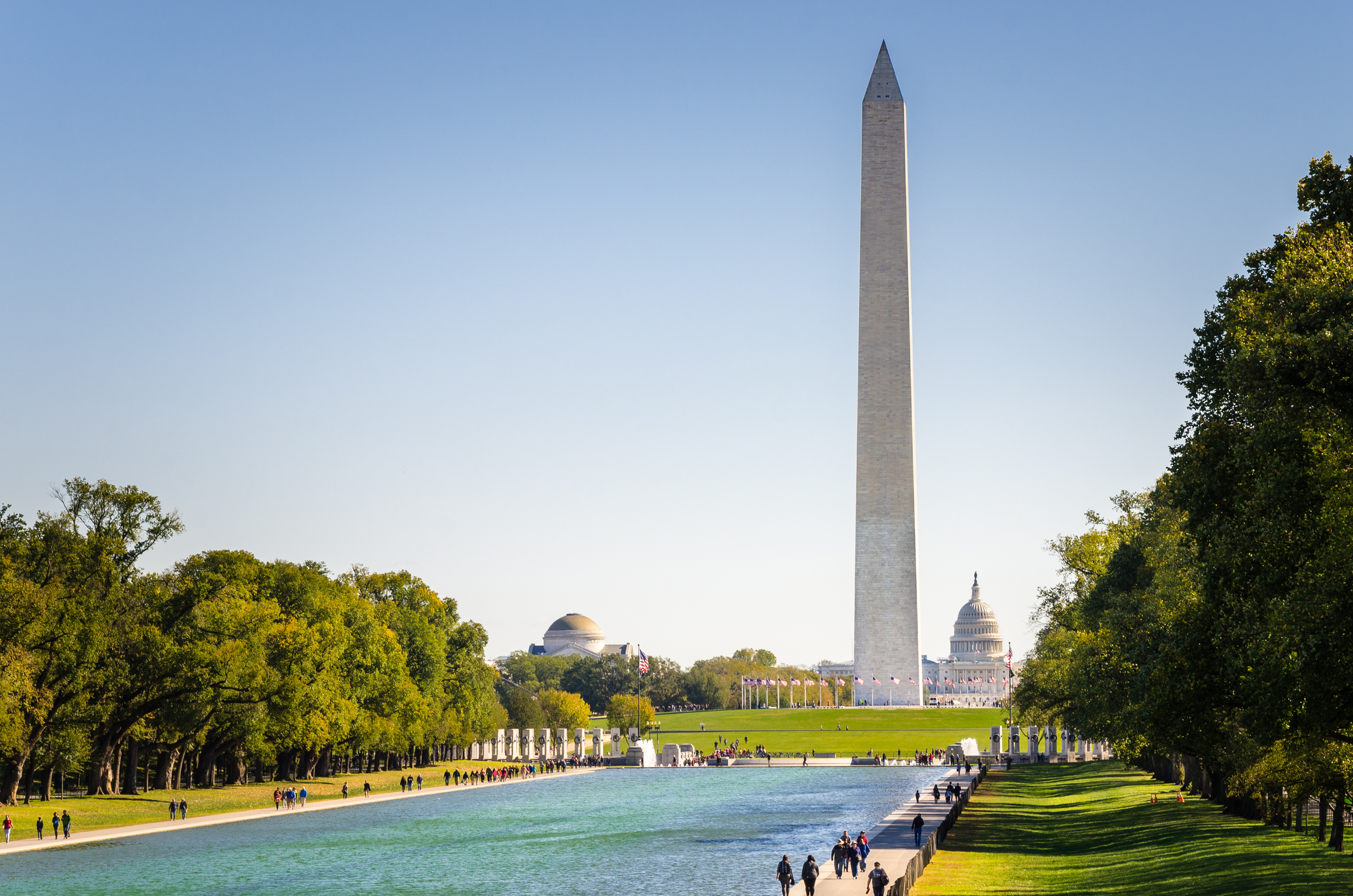Research Infrastructure
Powerful computational tools are essential to our research enterprise. The computing environment in UMIACS includes over one thousand supported computers running a variety of operating systems including Red Hat Enterprise Linux, Solaris, macOS, and Windows. Our networks service more than six thousand active ports, and we manage over four Petabytes of data.
All faculty, postdocs and graduate students in UMIACS are supported by a dedicated team of computing engineers and technology specialists that can design, build and maintain computing infrastructures that utilize the latest advances in technology.
Our staff enables high speed data transfers and multicast applications through the Mid Atlantic Crossroads (MAX), the Next Generation Internet Exchange (NGIX), and the Internet2 with peers at several remote sites including NASA Goddard Space Flight Center, NOAA, and the San Diego Supercomputer Center.
Specific high-end research computing needs are available to UMIACS faculty and students working in data-intensive areas that include machine/deep learning toolkits and the toolchains they require like PyTorch, Caffe, Torch, TensorFlow and CNTK.
We also support numerous domain-specific applications for researchers. For example, the systems support applications like OpenCV for computer vision, Gurobi Solver for linear programming in Natural Language Processing, and TecPlot for visualizing fluid dynamics models.

Iribe Center
In 2019, UMIACS moved into the Brendan Iribe Center for Computer Science and Engineering, a stunning 215,000-square-foot state-of-the-art facility that encourages research, collaboration and innovation.
The building allows UMIACS faculty from distinct academic disciplines—biologists, linguists and engineers, for example—to easily collaborate with our computer science faculty.

Our Advantageous Location
The University of Maryland is the flagship campus of the state’s higher education system and a top-ranked public research university. Our advantageous location—just outside of Washington, D.C.—is a short commute to numerous federal agencies and research labs, giving our faculty and graduate students the opportunity to interact with government experts in cybersecurity, computer vision, geospatial visualization, big data analytics, high performance computing, and more.
